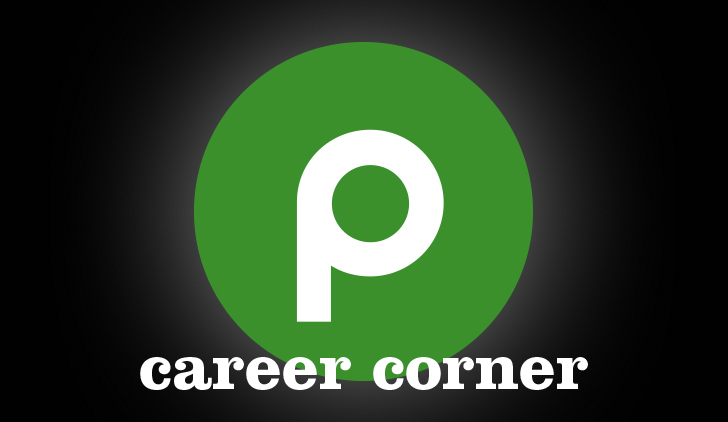
Congratulations — your résumé just landed you a job interview! It’s normal to find your sheer excitement has turned into utter panic as you wonder what questions you may be asked. After all, tough interview questions can make you want to call for help. If you start getting nervous, remember you are interviewing the prospective manager, too. You want to make sure you understand the responsibilities of the job and whether the position complements your career goals. To help calm your nerves, here are some difficult interview questions and tips on how to handle them.
Why do you want to work here?
This is where all your pre-interview research will pay off. It’s not only a good idea to refresh yourself on the job description but also review the careers website and network with others to gather as much information as you can on the department, its structure, any new initiatives the department is involved in and the specific role that interests you.
DO talk about why you would like to work in the department and, more specifically, in the role you are interviewing for. You’ll want to highlight experiences that demonstrate your qualifications.
DON’T say anything negative about your current position, manager or department. Always use positive words to describe yourself and others.
What makes you right for this position?
You should walk into your interview expecting this question, so pick out key experiences and skills from your résumé. Also, highlight any personal areas of interest that may not be included on your résumé but may relate to the position.
DO discuss any past experience, skills and knowledge relevant to the job qualifications shared in the job posting. This question presents a great opportunity to highlight your accomplishments, and specific examples provide great insight for the hiring manager — as long as the examples directly relate to the position.
DON’T assume you are the most qualified candidate. Be humble and refrain from bragging. Remain professional and respectful throughout the entire interview process.
What would you say is your greatest area of opportunity?
This question can be one of the hardest that interviewees face, and most interviewers know it. Be prepared for this question by reflecting on your previous work experience, most recent performance evaluation and any coaching or mentoring you have received.
DO express the areas you want to improve in and clearly explain your answer. This response allows the interviewer to get a clearer picture of what you consider your area of weakness and what you’re doing to address it. For example, you might answer that you need to work on time management because you tend to stay late to complete projects, so you’ve recently begun using a bulleted list to prioritize your tasks. The interviewer wants to know you recognize you have areas that need improvement and you’re working on them.
DON’T use this time as a therapy session by telling your life story or as a comedy routine. Pick one improvement you need to work on and explain how you are working to overcome it. The hiring manager doesn’t need to know the reason behind your need for improvement. Always remember to answer professionally.
Do you have any questions for us?
This is your chance to interview the hiring manager and make sure they are a fit for you, too. Prepare some questions in advance so you know exactly what you’d like to ask.
DO ask questions related to the interviewer’s career path. People like to share their story and it shows your interest in understanding the department culture. Show you are listening to the information they provide. You can also ask when they’re hoping to have the position filled or what the next steps will be in the hiring process. If you need clarification on any details, now is the time to ask.
DON’T ask questions that begin with why. Managers may interpret your question as a critique on their department or their own skills. Also, don’t jump into a discussion about pay.
The interview doesn’t end when you shake hands. To show how interested you are in the position (and make sure they don’t forget you), send a brief follow-up email or thank-you note to the associates who met with you. Always include the position you interviewed for in your email or note. Your follow-up may be what sets you apart from the rest.
Want to know where your skills would best fit at Publix? Try the Publix job match on www.publix.org > Career and Self Development > Publix Careers Job Match.


